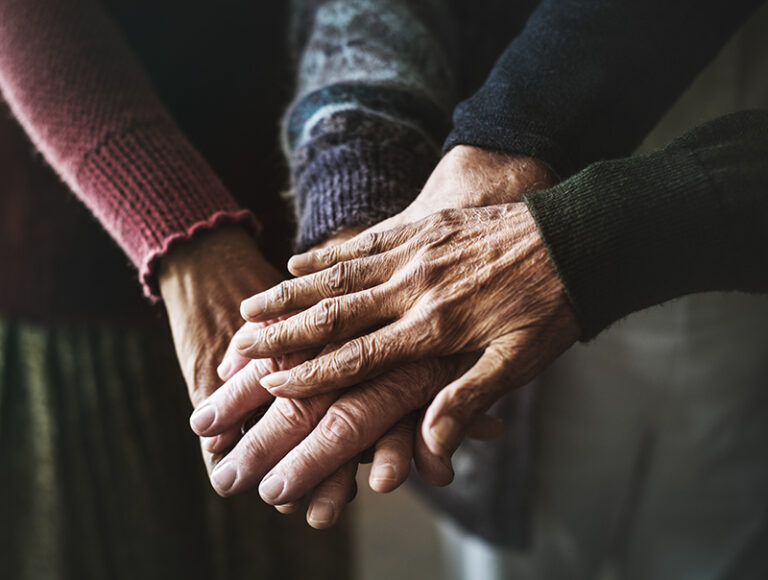TODAY WE HIGHLIGHT THESE NCA RESOURCES:
National Center for Equitable Care for Elders 
The National Center ECE provides innovative and culturally competent models of care, inter-professional training and educational resources, and technical assistance to health care professionals in community health centers who provide care to an increasingly vulnerable population: older adults. The Center seeks to achieve three objectives: better health, better health care, and lower costs for older adult populations by establishing a rapid response model of multi-disciplinary service and providing training in cultural humility at every staff level to effectively engage diverse older adult patient populations.
Contact:
Christine A Riedy, PhD, MPH
Chair, Oral Health Policy and Epidemiology Delta Dental of Massachusetts Associate Professor in Oral Public Health and Epidemiology
Harvard School of Dental Medicine
188 Longwood Avenue
Boston, MA 02115
Phone: 617-432-5251
Email: Christine_Riedy@hsdm.harvard.edu

Reminder: HRSA has National Cooperative Agreements with national organizations to provide free training and technical assistance (T/TA) to support existing and potential health center grantees and look-alikes. The NCA partners possess subject matter expertise in functional areas, and support health center’s ability to maintain fiscal and operational excellence, engage in effective workforce development activities, utilize cutting-edge health information technology and structure health care services in a manner culturally and linguistically appropriate to the patient population served.
These organizations are funded to provide T/TA to health centers in a manner that increases patient safety and health outcomes, effectively serves diverse special, vulnerable, and underserved rural, frontier, and urban populations. This T/TA often takes the form of learning collaboratives, state/regional/national trainings, webinars, newsletters, toolkits, and fact sheets.
